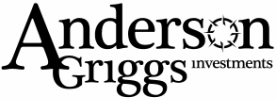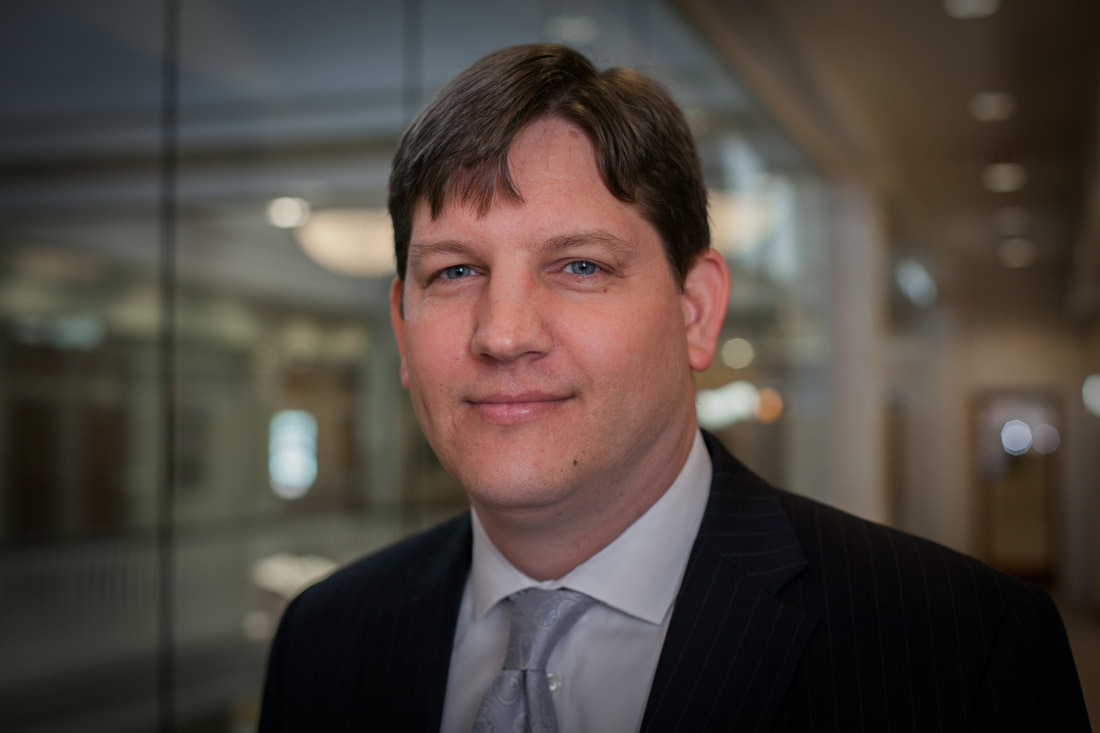|
Now that I am an honored member of the “gray-beard club” of investment managers, I can reminisce fondly back to the time when I first entered this business and began learning my trade with the utmost confidence of the “cute, fuzzy, teddy bear” youngster I was. I would like to share with you some thoughts of a few other “gray-beards,” but first I am going to share with you the story of “The Great Winfield” from Adam Smith’s The Money Game, first published in 1967. The story is a little long, but it is a very enjoyable and worthwhile read. My boy,” said the Great Winfield over the phone. “Our trouble is that we are too old for this market. The best players in this kind of market have not passed their twenty-ninth birthdays. Come on over and I will show you my solution.” This story tells us about generations past, yet it could just as well be a story about any period of time where market prices are separated from the reality of business valuation, as they are now. During times when valuation becomes meaningless, market prices, or should I say, the momentum of market prices, takes over. Stories rule, and confidence soars as prices continue to rise, independent of the business operations of the companies themselves. And because market prices continue higher, our confidence in our process used to select and manage our portfolios increases dramatically. First time investors believe that they have a system that will make them rich, so they borrow money to invest more into their system, compounding their risk. Neither I, nor anyone else, can tell the future. So maybe the speculators are right this time. Maybe this time is different. Maybe valuations and company operations have no bearing on the market price of securities. But as I have told Justin many times, I lost more money as a youngster learning my trade than the cost of an MBA and a PhD in Finance combined. I thought I was smarter than others and could devise a system independent of boring fundamental analysis that would make me rich. I thought that price paid was not important to long-term investment rewards, and beating the market could easily be accomplished during all times with the right system. It was only after these painful losses that I entered the world of the conservative approach to investment management that we still practice today. We recognize that markets can go much higher and much lower than we can foresee, that quality trumps quantity, that growth and value are joined at the hip, and that a lower price paid for a given level of assets and future cash flow provides a margin of safety on our investment capital. I’d like to share some recent words of a few of my fellow “gray-beards.” The first, James Tisch, is the son of the legendary value investor Larry Tisch who with his brother Bob founded Loews corporation. James Tisch began the fourth quarter 2016 Loews conference call with this statement: The optimism in the rates and credit markets is likewise reflected in the public equity and merger markets. The S&P 500 is trading at roughly 19 times earnings, 3 turns higher than the 50-year average of 2016. These valuations make me uncomfortable, especially given the unknowns in taxation, foreign trade, regulation and more. He states later: It’s a tough market in which to be a disciplined buyer. I assure you that we remain committed to our longstanding philosophy of creating value for all shareholders through prudent capital allocation. Sometimes we accomplish this through share repurchases, sometimes by acquiring a new business, sometimes through an investment in one of our existing subsidiaries, or sometimes we choose to take the action of no action. Another “gray-beard,” Bob Rodriguez, the legendary value investor who for 25 years was CEO of First Pacific Advisors, gave an interview to ThinkAdvisor in early February of this year. As manager of FPA Capital Fund from 1984 through 2009 he earned an annualized return of 14.2%, outperforming their benchmark by 5% a year. Although the interview covered his views on politics, the economy, the Fed, and Donald Trump, a few words about investing came through loud and clear. Because Mr. Rodriguez is no longer directly managing other people’s funds, he is free to discuss his own portfolio. This is what he had to say: It’s not the kind of environment a classic value investor would describe as (having) a surplus of investment opportunities – it’s a wasteland of opportunities. Are you getting compensated for the risks in the equity market? Absolutely not. We’re close to all-time record highs in valuations. He goes on to answer the question, “What are the greatest threats to the market this year?”: A failure to achieve tax reform, regulatory reform and whether businesses will accelerate or moderate capital spending. If you don’t know what the tax code is going to be, you’ll probably want to wait a little to see how the winds are blowing. And when asked, “What’s your forecast for the stock market this year?” He stated: I absolutely, categorically hate the equity market. I’ve continued to liquidate my personal equity holdings, including (some) this year. I’m at my lowest exposure since 1971 – less than 1%. The final “gray-beard” we’ll be hearing from is Seth Klarman, whom I’ve mentioned many times throughout the years. Mr. Klarman is easily recognized by those in the investment business as one of the greatest value investors of all times. Here are some words from his recent annual letter to his clients: When money flows into an index fund or index-related E.T.F., the manager generally buys into the securities in an index in proportion to their current market capitalization (often to the capitalization of only their public float, which interestingly adds a layer of distortion, disfavoring companies with large insider strategic, or state ownership). Thus today’s high multiple companies are likely to also be tomorrow’s regardless of merit, with less capital in the hands of active managers to potentially correct any mispricings. He goes on to write: This should give long-term value investors a distinct advantage. The inherent irony of the efficient market theory is that the more people believe in it and correspondingly shun active management, the more inefficient the market is likely to become. Of the $30 Billion he manages, he held 30% or $9 Billion in cash at the end of 2016.
I have chosen to share the words of these individuals not only because they have proven over the years to be great investors of other people’s money, but also because they have a similar level of experience to us and share a similar philosophy with our own. Mr. Tisch reminds us that sometimes not taking action can be more rewarding than making an investment at any price. Mr. Rodriguez does not need to answer to anyone other than himself and has chosen to remove all risk and sit in cash. And Mr. Klarman has also chosen, like Mr. Tisch, to wait until better opportunities come about. We’d like to thank those of you who have given us the privilege of working for you over many years. For our new clients, we want to remind you that we invest our capital when the market gives us the opportunity to buy great companies at a reasonable price. When this is not a readily available opportunity we will do all we can to enhance returns through relatively safe, interest bearing investments, including interest bearing FDIC insured holdings, or short-term government obligations. Patience will be necessary. Until next time, Kendall J. Anderson, CFA Comments are closed.
|
Kendall J. Anderson, CFA, Founder
Justin T. Anderson, President
Categories
All
Archives
April 2024
|
|
Common Sense Investment Management for Intelligent Investors
|



 RSS Feed
RSS Feed